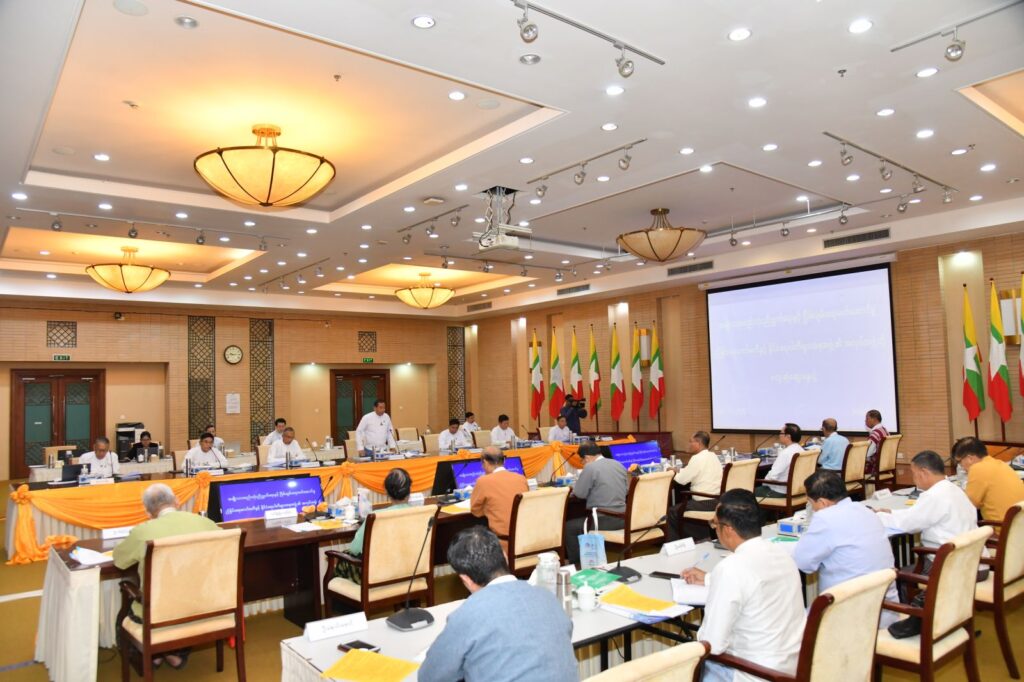Despite repeated promises by Myanmar’s military junta to hold general elections before the end of 2025, registered political parties report that they have yet to receive any formal instructions or guidelines from the junta-controlled Union Election Commission (UEC).
Political parties that have not yet applied for registration are being urged to do so by May 9. However, questions remain unanswered regarding the electoral system to be used and how elections will be organized in areas under conflict or control of ethnic forces.

“There has been no clarification on whether the election will follow a First-Past-The-Post (FPTP) or Proportional Representation (PR) system,” said Nai Myo Tint Lwin, a leader from the Mon Progressive Party. “We’ve asked repeatedly about constituency arrangements, particularly for ethnic parties like Rakhine or Mon in regions where their populations have been displaced. But there have been no clear answers.”
With the military’s extended term set to expire in August, speculation is growing that a by-election or partial vote could be held in select areas, potentially leading to the reappointment of former president U Thein Sein as head of an interim government.
The Mon Progressive Party, which plans to contest in Karen State under the Mon Unity Party (MUP) banner, says it is unable to begin preparations due to the large number of displaced Mon communities and ongoing insecurity in the region.
Still, Nai Myo Tint Lwin believes the military could proceed with elections this year using alternative methods. “They could, for example, select a single town like Hpa-an to represent Karen State or allocate seats based on ethnic population ratios. An interim government could also be formed in controlled areas first, followed by elections elsewhere,” he said.
Before the recent earthquake disasters, military chief Min Aung Hlaing had repeatedly stated that elections would be held soon and urged political parties to prepare. However, with the armed resistance gaining momentum nationwide, political parties now worry that their role in the national dialogue could be diminished or erased entirely.
According to the UEC, 52 political parties have been officially registered, while over 20 others are still awaiting approval.

